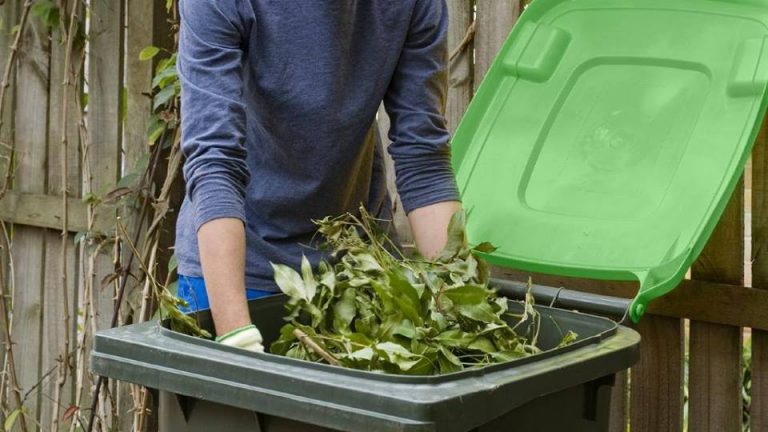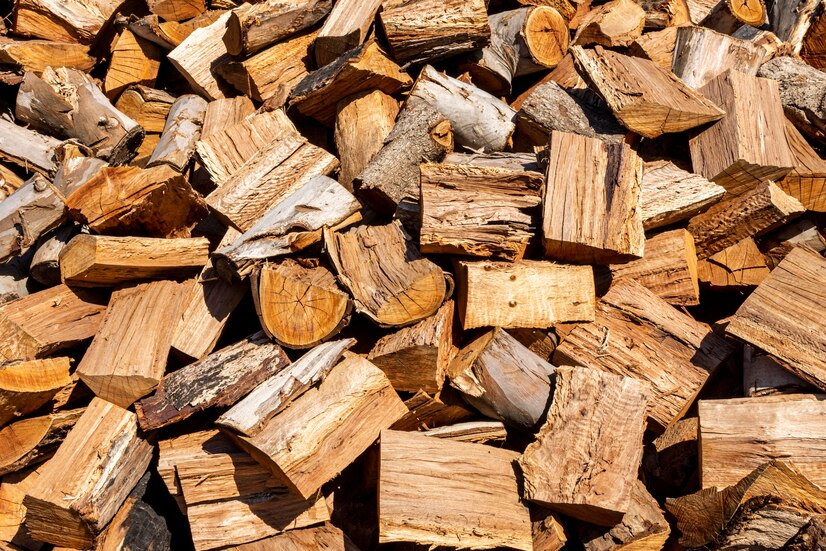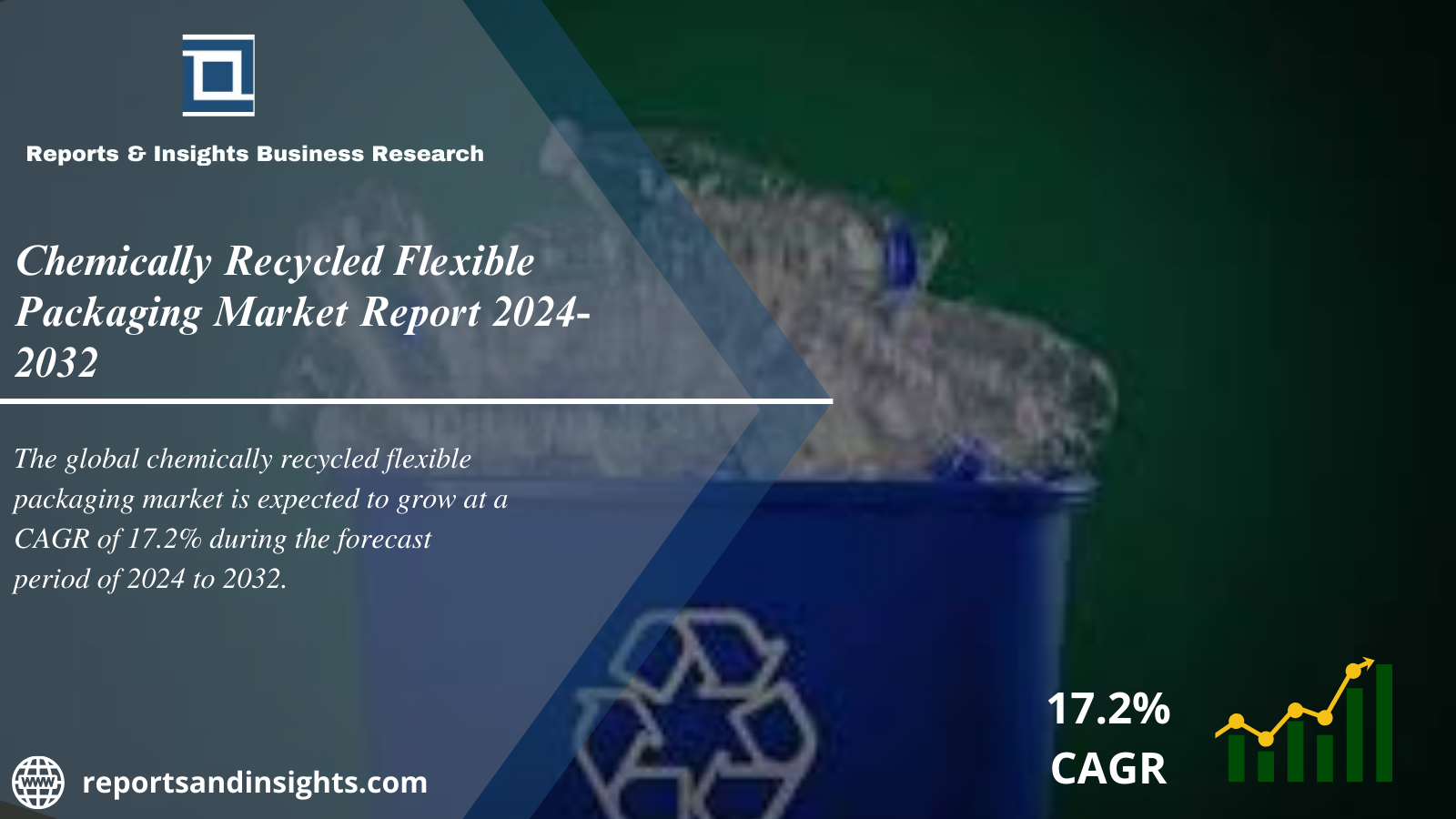Green waste disposal is a topic that is gaining increasing attention in today’s environmentally conscious world. As more people become aware of the impact of waste on the environment, there is a growing concern about managing green waste effectively.
In this blog post, we will explore efficient methods for green waste removal Melbourne, focusing on sorting and separating, composting, mulching, responsible disposal options, and best practices for efficient green waste removal.
By implementing these methods, you can contribute to a healthier environment and positively impact the planet.
Understanding Green Waste
Before delving into the methods of green waste removal Melbourne, it is important to understand what green waste is and why proper disposal is essential. Green waste refers to organic materials generated from various activities, such as gardening, landscaping, and yard maintenance. This includes grass clippings, leaves, branches, weeds, and other plant materials. Proper disposal of green waste is crucial because, if left unattended, it can contribute to pollution, emit harmful greenhouse gases, and create breeding grounds for pests and diseases.
Sorting and Separating Green Waste:
Sorting and separating green waste before disposal is essential in efficient waste management. By separating different types of green waste, you can ensure that each material is disposed of properly and maximise the potential for recycling or reuse.
To effectively sort green waste, create designated areas for different materials. For example, have separate bins or bags for grass clippings, leaves, branches, and other plant materials. This will make it easier to transport and dispose of each type of waste appropriately.
Moreover, separating organic and non-organic materials is crucial. Organic materials, such as grass clippings and leaves, can be composted or used for mulching. In contrast, non-organic materials, such as plastic bags or metal objects, should be recycled or disposed of in an appropriate waste management system. By separating these materials, you not only reduce the amount of waste going to landfills but also create valuable resources for your garden.
Composting as an Eco-Friendly Solution:
Composting is a fantastic eco-friendly solution for green waste removal. It involves the natural decomposition of organic materials, transforming them into nutrient-rich compost that can be used to enrich soil health and promote plant growth. Composting reduces the amount of waste going to landfills and minimises the need for chemical fertilisers.
To start composting in your yard, follow these simple steps. First, choose a suitable location for your compost bin or pile. It should be well-drained and easily accessible. Next, gather your green waste, such as grass clippings, leaves, and vegetable scraps, and mix it with brown waste, such as dried leaves, small twigs, and shredded newspaper. Keep the compost moist and turn it regularly to promote decomposition. Within a few months, nutrient-rich compost will be ready for use in your garden.
The benefits of composting are numerous. It improves soil structure, enhances moisture retention, promotes beneficial microorganisms, and reduces the need for chemical fertilisers. By composting your green waste, you are reducing landfill waste and contributing to a healthier and more sustainable environment.

Mulching for Sustainable Landscaping:
Another eco-friendly method for green waste removal is mulching. Mulch is a layer of organic or inorganic material placed on top of the soil, which helps retain moisture, control weeds, and improve soil fertility. It can be made from various materials, including shredded leaves, wood chips, straw, or compost.
To effectively use mulch in your garden, consider the specific needs of your plants. For example, some plants prefer wood chips as mulch, while others thrive with straw or compost. Mulching prevents weed growth, helps regulate soil temperature, conserves water, and provides a natural aesthetic to your garden.
Responsible Disposal Options
In addition to composting and mulching, there are several responsible disposal options for green waste. Many local recycling programs or facilities accept green waste, which can be turned into compost or used for other purposes. Some communities also offer community composting or curbside collection services, making it easier for residents to dispose of green waste responsibly.
Research your local options and take advantage of these services. Participating in recycling and composting programs contributes to a more sustainable waste management system and reduces the burden on landfills. Additionally, consider sharing your excess green waste with neighbours who may benefit from it. This promotes community involvement and fosters a sense of collective responsibility towards the environment.
Best Practices for Efficient Green Waste Removal
Adopting best practices for yard clean-up and maintenance is essential to ensure efficient green waste removal. Regularly maintain your garden by removing fallen leaves, trimming overgrown branches, and keeping the grass well-mowed. By staying on top of these tasks, you can prevent overwhelming clean-up sessions and reduce the accumulation of green waste.
Consider investing in a shredder or chipper to break down larger branches into smaller pieces that can be easily composted or used as mulch. This reduces the volume of waste and makes it more manageable for disposal. Additionally, consider using a lawn mower with a bag attachment to collect grass clippings, which can be added to your compost pile or used as mulch.
Proper green waste removal is crucial for maintaining a healthy environment and reducing the impact of waste on our planet. By understanding the importance of green waste removal Melbourne and implementing efficient methods such as sorting and separating, composting mulching, and responsible disposal options, we can all contribute to a more sustainable future. Take action today and positively impact the environment by responsibly managing your green waste. Together, we can create a cleaner and greener world for future generations.





